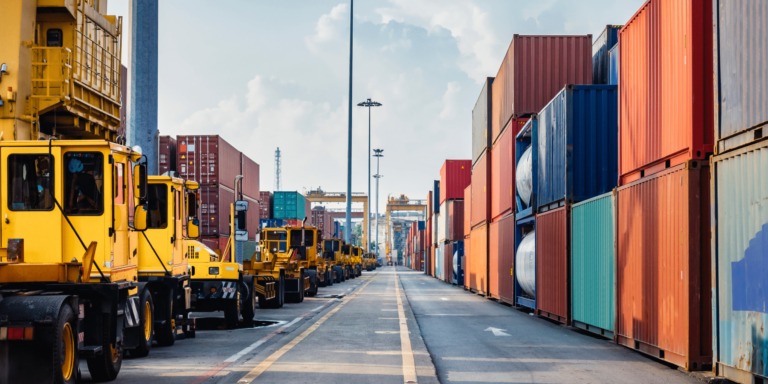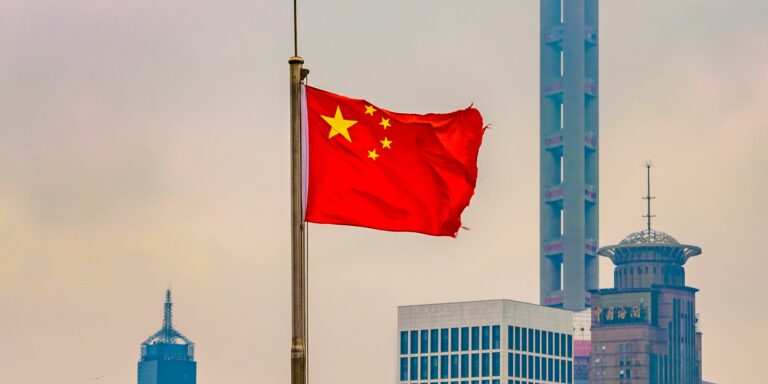Increased trade by over US$ 230 billion with Trade Facilitation Agreement
The World Trade Organization’s (WTO) Trade Facilitation Agreement (TFA) has been estimated to have led to a whopping $231 billion increase in global trade, particularly in agriculture, according to estimates from the first couple of years of its implementation. The largest gains were observed in developing and least-developed countries (LDCs) that have made commitments under the agreement.
The TFA aims to expedite the movement, release, and clearance of goods, including goods in transit, and sets out measures for effective cooperation between customs and other appropriate authorities on trade facilitation and customs compliance issues. Developed members of the WTO were required to implement all provisions of the TFA from its entry into force, while developing members and LDC members can determine their own implementation schedules and seek to acquire implementation capacity through assistance and support.
WTO economists attribute an average 5% increase in global agricultural trade, 1.5% in manufacturing trade, and 1.17% in total trade to the TFA. These increases are largely driven by the trade growth in LDCs, where agricultural exports rose by 17%, manufacturing exports by 3.1%, and total exports by 2.4% under the TFA. The estimates further point to a 16-22% increase in agricultural trade between developing members that have made TFA commitments.
The WTO had forecasted that complete implementation of the TFA could lead to an increase of up to 2.73% in global trade flows by 2030. The latest estimates suggest that as the benefits of the agreement continue to be realized, the trade and welfare gains are likely to expand. Stronger increases for manufacturing trade may still be detected after more years of TFA implementation for developing members as well.
Notifications submitted by WTO members indicate that they have committed to implement 76.1% of TFA obligations as of March 22, 2023. The TFA has been hailed as a significant step towards reducing trade barriers and improving global trade, particularly for developing and least-developed countries. The ongoing implementation and monitoring of the TFA will be crucial in ensuring its continued success in promoting trade facilitation and economic growth.








